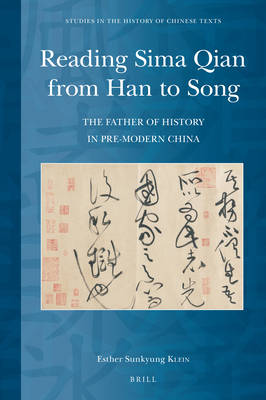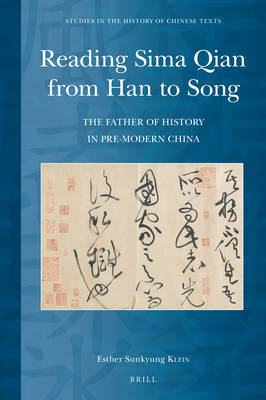
- Afhalen na 1 uur in een winkel met voorraad
- Gratis thuislevering in België vanaf € 30
- Ruim aanbod met 7 miljoen producten
- Afhalen na 1 uur in een winkel met voorraad
- Gratis thuislevering in België vanaf € 30
- Ruim aanbod met 7 miljoen producten
Zoeken
€ 253,45
+ 506 punten
Omschrijving
In Father of Chinese History, Esther Klein explores the life and work of the great Han dynasty historian Sima Qian as seen by readers from the Han to the Song dynasties. Today Sima Qian is viewed as both a tragic hero and a literary genius. Premodern responses to him were more equivocal: the complex personal emotions he expressed prompted readers to worry about whether his work as a historian was morally or politically acceptable. Klein demonstrates how controversies over the value and meaning of Sima Qian's work are intimately bound up with larger questions: How should history be written? What role does individual experience and self-expression play within that process? By what standards can the historian's choices be judged?
Specificaties
Betrokkenen
- Auteur(s):
- Uitgeverij:
Inhoud
- Aantal bladzijden:
- 452
- Taal:
- Engels
- Reeks:
- Reeksnummer:
- nr. 10
Eigenschappen
- Productcode (EAN):
- 9789004372931
- Verschijningsdatum:
- 22/11/2018
- Uitvoering:
- Hardcover
- Formaat:
- Genaaid
- Afmetingen:
- 163 mm x 236 mm
- Gewicht:
- 757 g

Alleen bij Standaard Boekhandel
+ 506 punten op je klantenkaart van Standaard Boekhandel
Beoordelingen
We publiceren alleen reviews die voldoen aan de voorwaarden voor reviews. Bekijk onze voorwaarden voor reviews.








